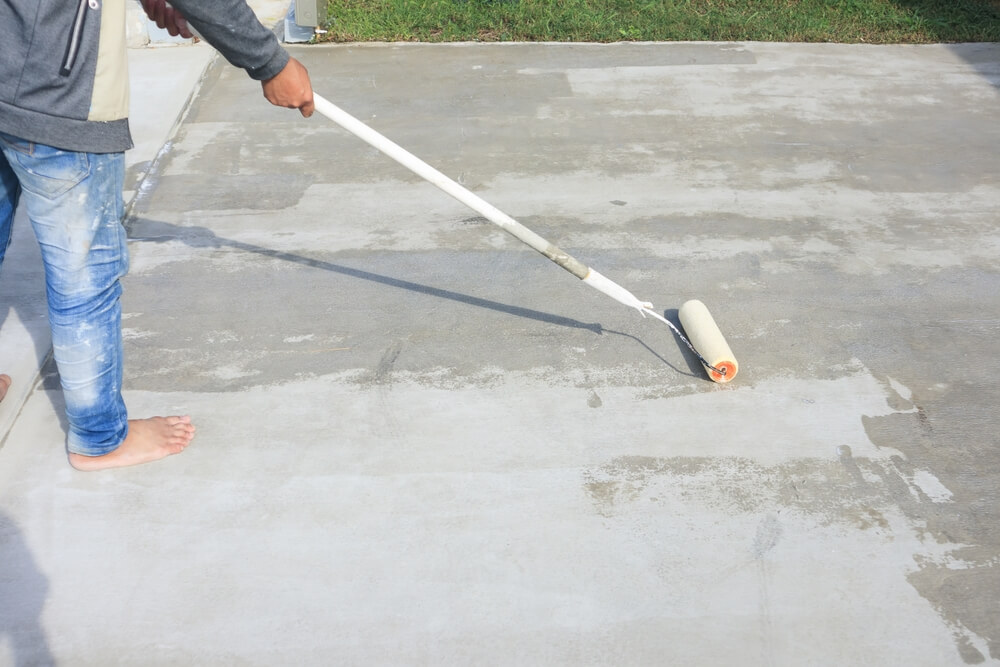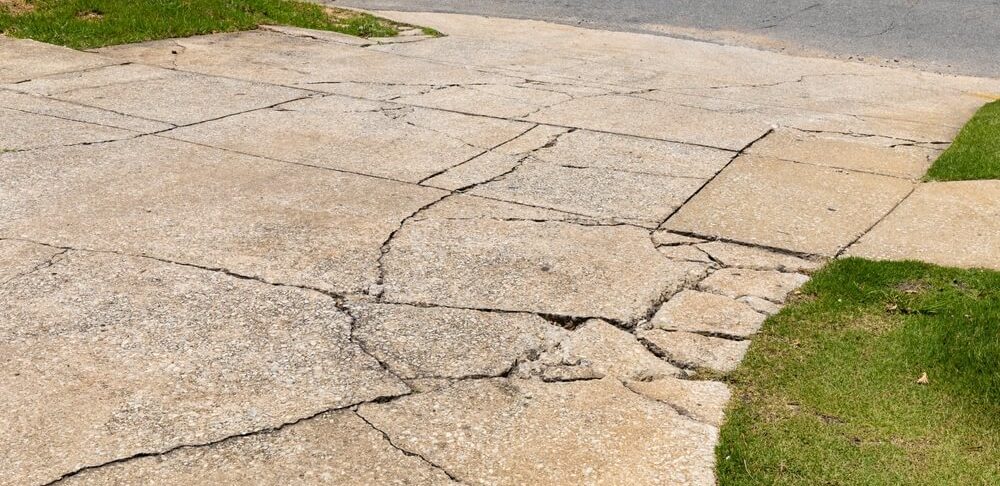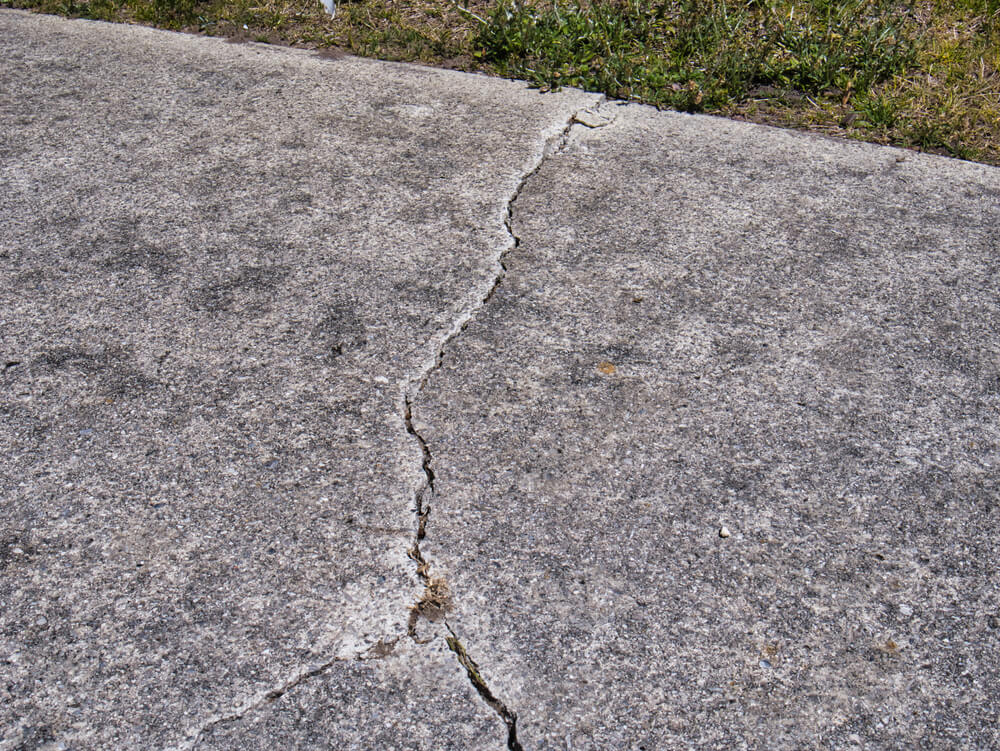Repairing a concrete driveway is crucial not only for maintaining the aesthetic value of your property but also for ensuring safety and increasing longevity. Large cracks in concrete can become serious issues if not addressed properly. This guide will walk you through the necessary steps and tools needed to fix these problems effectively.
What Causes Cracks in Concrete Driveways?
Several factors can contribute to cracks in concrete driveways. These include weather changes, poor construction, soil movement, and heavy loads. Identifying the cause of the cracking is essential to choose the correct repair method and prevent future damage.
Materials Needed for Repair
To begin repairing your concrete driveway, you will need a few key materials:
- Concrete patching compound
- Concrete sealant
- Chisel
- Hammer
- Wire brush
- Trowel
- Broom
- Hose or a bucket of water
These tools and materials can be found at most hardware stores. Make sure to choose a high-quality concrete patching compound that matches the color and texture of your existing driveway for a seamless repair.
Step-by-Step Guide to Fixing Cracks
Step 1: Preparing the Crack for Repair
The first step is to prepare the crack to make sure the patching material adheres properly. Use a chisel and hammer to remove any loose concrete and debris from the crack. Then, use a wire brush to clean out the crack thoroughly. Once cleaned, rinse the crack with water to remove any remaining dust.
Step 2: Applying the Patching Compound
Once the crack is clean and dry, apply the concrete patching compound using a trowel. Fill the crack completely and smooth it out with the trowel to ensure it’s level with the rest of the driveway. For wider cracks, you might need to apply the compound in layers, allowing each layer to dry before applying the next.
Step 3: Sealing the Repaired Area
After the patching compound has dried, apply a concrete sealant over the repaired area. This will help protect the repair from moisture and weather conditions, extending the life of your driveway. Be sure to follow the manufacturer’s instructions for the best results.
Preventing Future Cracks
Maintenance is key to preventing future damage. Regularly inspect your driveway for signs of wear and tear and address any issues immediately. Applying a sealant to the entire driveway every few years can also help protect the concrete from the elements and minimize cracking.
Conclusion

Repairing large cracks in a concrete driveway is not just about fixing the appearance, but also about ensuring the structural integrity of the surface. By following these steps, you can effectively repair your driveway and prevent future damage. Remember, the key to a long-lasting repair is proper preparation and using quality materials. If the damage is too extensive, consulting with a professional may be the best course of action. For further assistance or to schedule a consultation, please contact Richfield Concrete today.





